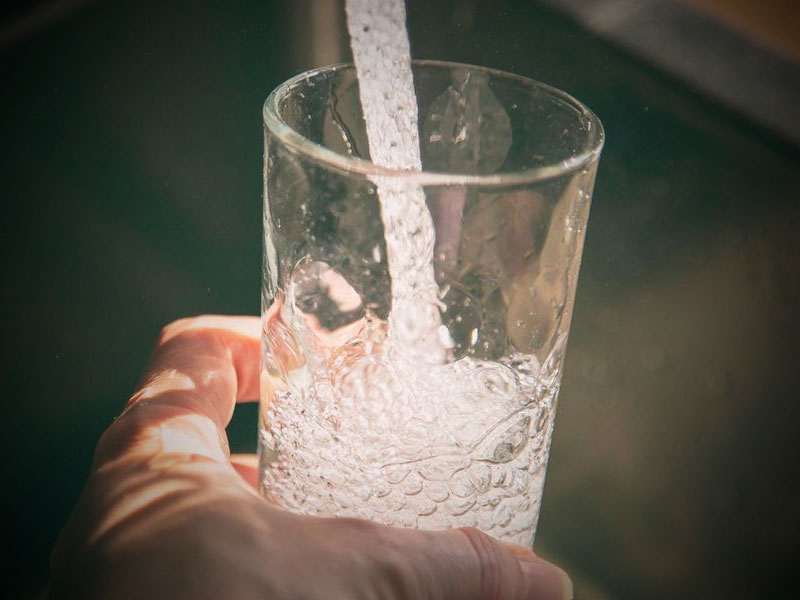Reverse osmosis (RO) water is a type of water that has been purified through a specific filtration process. In this process, water is forced through a semipermeable membrane that removes impurities and contaminants, leaving behind clean water. While RO water has its benefits, there are also some potential drawbacks that should be taken into consideration.
Pros of RO Water:
- Removes Contaminants: The primary advantage of RO water is that it removes impurities and contaminants from water. This includes pollutants, bacteria, viruses, and other harmful substances that can be found in tap water. As a result, RO water can be considered safer and healthier to drink than regular tap water.
- Improves Taste: Because RO water is free from contaminants and impurities, it can taste better than tap water. This is especially true for areas where the tap water has a strong taste or odor due to the presence of chemicals like chlorine.
- Can Benefit Certain Health Conditions: RO water may be beneficial for individuals with certain health conditions. For example, individuals with kidney disease may benefit from drinking RO water, as it can help reduce the amount of minerals and other substances in their bloodstream.
Cons of RO Water:
- Removes Beneficial Minerals: While RO water removes impurities and contaminants, it also removes beneficial minerals that are present in tap water. These minerals, such as calcium and magnesium, are important for maintaining good health.
- Can Be Acidic: RO water can be slightly acidic, with a pH level below 7. This can be problematic for individuals with certain health conditions, such as acid reflux or gastroesophageal reflux disease (GERD).
- Wastes Water: RO water filtration is a process that requires a significant amount of water to be used. This can be wasteful, as it can take up to four gallons of water to produce one gallon of RO water. Additionally, the wastewater produced during the RO process can be harmful to the environment.
Conclusion:
RO water has its benefits and drawbacks. While it can remove contaminants and impurities from tap water, it also removes beneficial minerals and can be slightly acidic. Additionally, the RO process can be wasteful and harmful to the environment. As with any health decision, it’s important to weigh the pros and cons and make an informed decision based on your individual needs and circumstances. If you’re considering switching to RO water, it may be helpful to consult with a healthcare professional or water expert.







